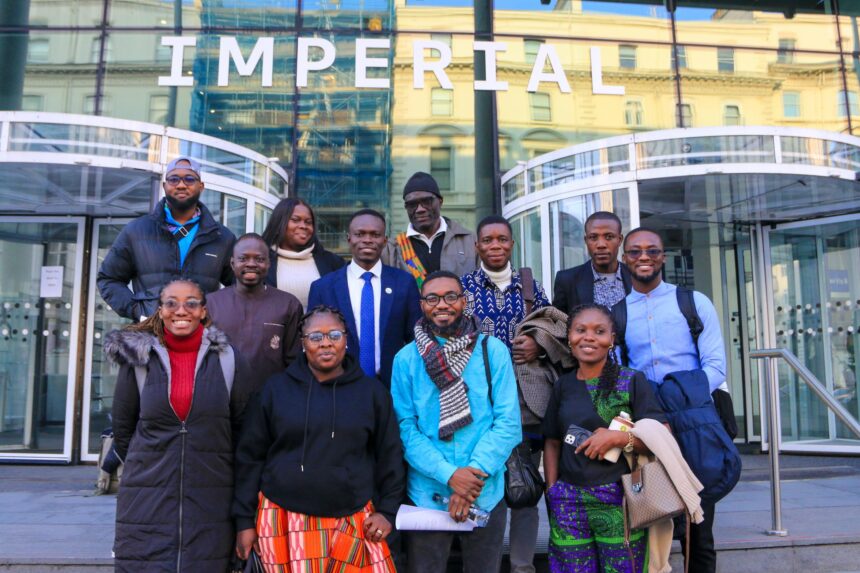Ten Ghanaian journalists have successfully completed an intensive Science, Technology & Innovation (ST&I) reporting training at Imperial College London, one of the world’s leading universities. The program, fully funded by the British High Commission in Accra, is part of the UK-Ghana ST&I Strategy and aims to enhance the Ghanaian media’s ability to translate complex scientific developments into accessible and engaging stories.
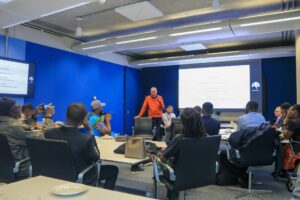
The selected journalists, who emerged as top performers in a highly competitive pitch competition held in Accra, were awarded the opportunity to travel to the UK for hands-on training at Imperial College’s state-of-the-art research facilities. The initiative was executed in collaboration with the Responsible Artificial Intelligence Lab (RAIL) at Kwame Nkrumah University of Science and Technology (KNUST) and the Ministry of Environment, Science, and Technology (MEST).
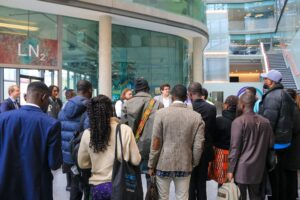
During the training, the journalists engaged with leading experts, including Professor Hugh Brady, President of Imperial College London, who emphasized the vital role of Ghana’s universities in driving economic growth through scientific advancements. He highlighted Imperial Global Ghana’s mission to bridge innovation ecosystems between Ghana and the UK, facilitating the exchange of ideas, talent, and capital.
Professor Brady also spoke about the potential of artificial intelligence in democratizing research in Ghana, noting that Imperial College has around 1,000 researchers working on AI. He expressed enthusiasm for the Imperial-Schmidt AI Fellows Programme, which will support early-career researchers from the University of Ghana and the African Institute of Mathematical Sciences (AIMS) in collaboration with Imperial’s IX Centre for AI in Science.
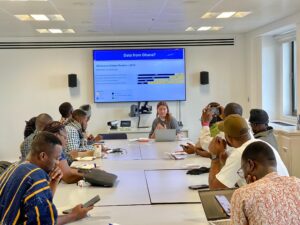
The program featured interactive workshops and site visits, including a session at the Polymateria Laboratory, home to groundbreaking biodegradable technology, and a networking event with Ghanaian postgraduate students at Imperial. The journalists also visited the Science Media Centre, which bridges the gap between scientists and the press, helping improve the quality of science reporting globally.
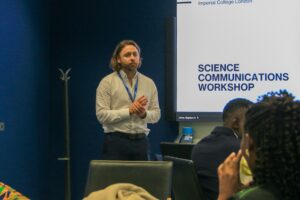
A workshop led by Dr. Stephen Webster, Senior Lecturer in Science Communication, and Ehsan Masood, Bureau Chief (Editorials, Africa and the Middle East) at Nature, sparked discussions on the role of science journalism in Ghana, cultural differences in reporting, and best practices in science communication from a UK perspective.
Armed with new knowledge, skills, and international connections, the journalists are expected to drive impactful ST&I storytelling in Ghana, highlighting the role of innovation in national development.
By Emmanuel Samani


